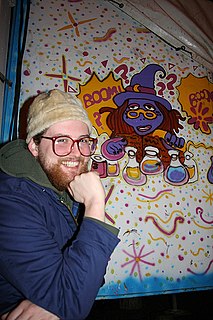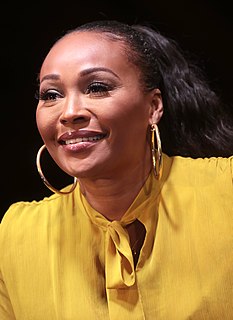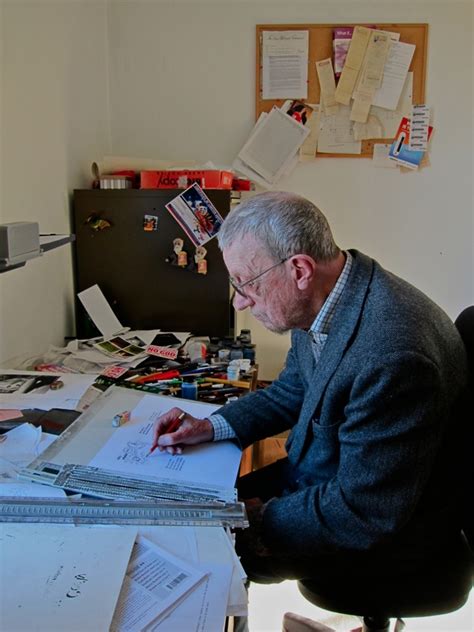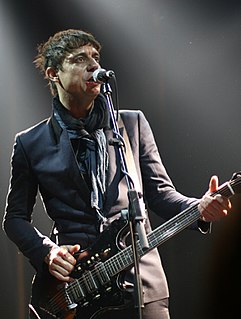A Quote by Murray Bookchin
I would not want to be in the same movement with an anarcho-syndicalist, however much I may respect and like that person. Some of my best friends are anarcho-syndicalists. I mean, I realize that we do not have a commonality, even a language, that makes it possible for us to communicate.
Related Quotes
Whether they [left in America are] anarcho-communists, anarcho-syndicalists, or libertarians who believe in free enterprise, I regard theirs as the real legacy of the left, and I feel much closer, ideologically, to such individuals than I do to the totalitarian liberals and Marxist-Leninists of today.
I don't feel the individualist anarchists, particularly in the American tradition, including the Transcendental tradition of New England, in any way deserve the derogatory comments that are often made about them by the left. When one gets down to it ultimately, my anarcho-communism stems from a commitment to true individuality. My attempt to recover the power and the right of the individual to control his or her life and destiny is the basis to my anarcho-communism.
Language is never fully trustworthy, but when it comes to eating animals, words are as often used to misdirect and camouflage as they are to communicate. Some words, like veal, help us forget what we are actually talking about. Some, like free-range, can mislead those whose consciences seek clarification. Some, like happy, mean the opposite of what they would seem. And some, like natural, mean next to nothing.
I thought I wouldn't enjoy the business side of music, but it's fun because it is completely - like running a DIY venue was the same exact thing but just on a smaller scale and a DIY tour is the same thing. You're just running a small business. Like we live within the paradigm of capitalism. Even if I'm going in playing these anarcho spaces, I still have to buy gas.
If anarcho-communism served to regiment the population in the name of libertarian unity, if it served in any way through collectivist measures to deny the rights of the individual instead of reconciling the rights of the individual with the collective, I would definitely stand completely on the side of the individualist who is trying to rescue above all that most precious thing that makes us human - consciousness and personality.
Forgiveness does not mean that we have to continue to relate to those who have done us harm. In some cases the best practice may be to end our connection, to never speak to or be with a harmful person again. Sometimes in the process of forgiveness a person who hurts or betrayed us may wish to make amends, but even this does not require us to put ourselves in the way of further harm.
We have all been there: we see that gorgeous person across the room, and we want to go and speak to them so badly. However, the 'rules' of society mean we usually don't end up doing it, despite our friends' best efforts to convince us to. Time for a change. Be empowered and say hi! It's proven that people really like it when you take initiative.
You write a book, it's out for however many years, and with the passing of time, you're not the same person. I'm not the same person I was when I wrote those books; I'm not even the same person I was when I started writing 'Beg.' I had many shifts spiritually, and one of them was in the use of language.
Music is the universal language, it evokes an emotion in all of us. That, we can all look at each other and we may not speak the same language, but that song or that melody can make us feel the same thing. And we can look at each other and agree and be like, "that did something for us". It makes us feel unified and connected.
In my case I would emphasize anarcho-communalism, along with the ecological questions, the feminist questions, the anti-nuclear issues that exist, and along with the articulation of popular institutions in the community. I think it's terribly important for anarchists to do that because at this moment not very much is happening anywhere in North America.
I think we can learn a lot about a person in the very moment that language fails them. In the very moment they they have to be more creative than they would have imagined in order to communicate. It's the very moment that they have to dig deeper than the surface to find words, and at the same time, it's a moment when they want to communicate very badly. They're digging deep and projecting out at the same time.






























